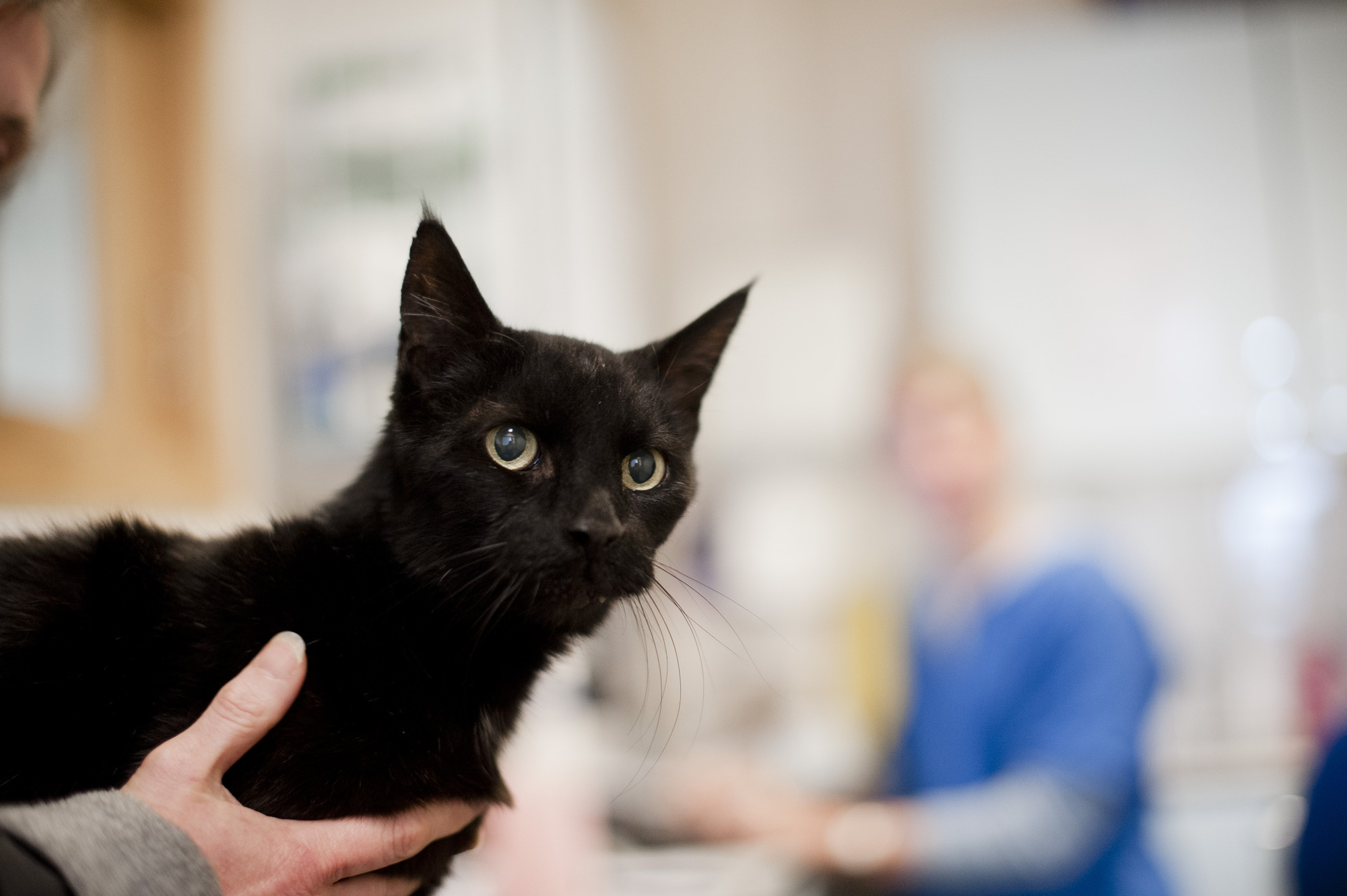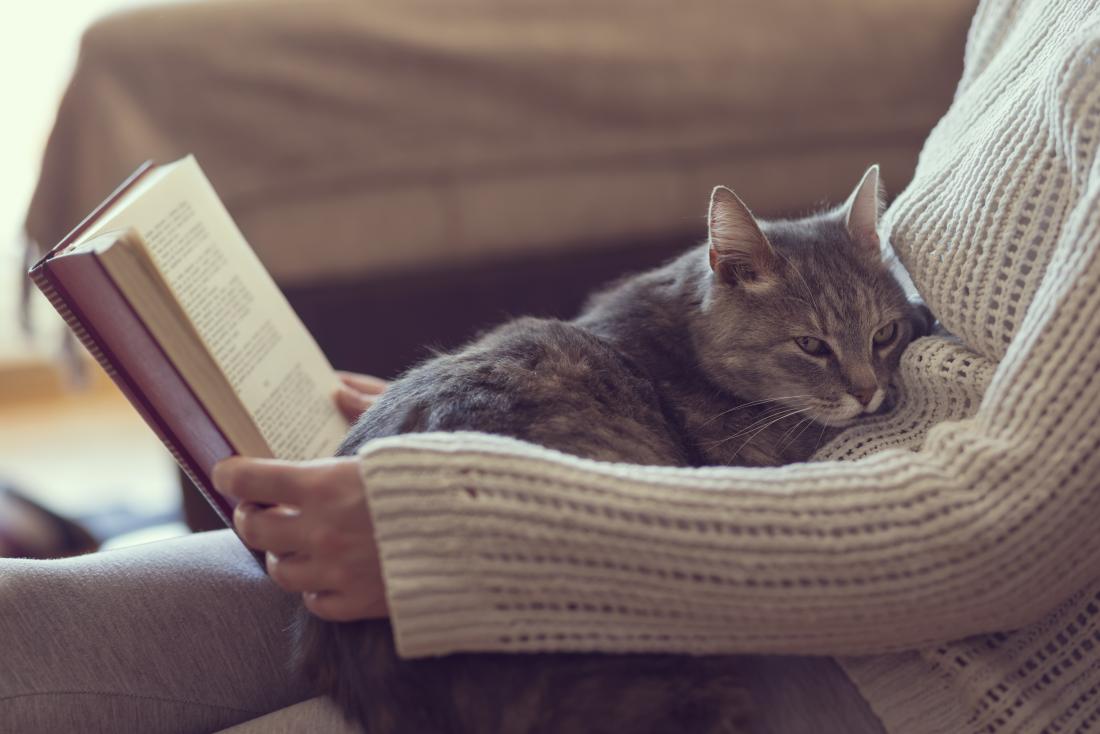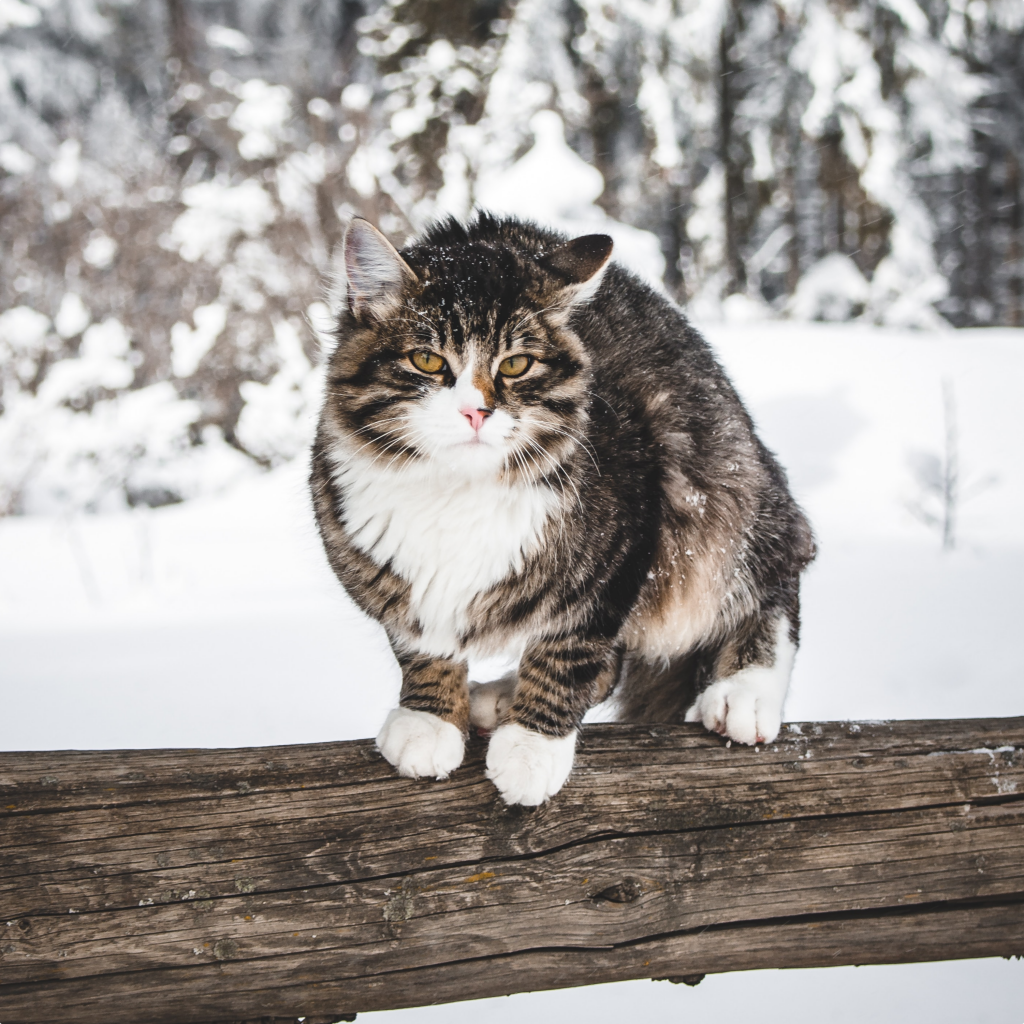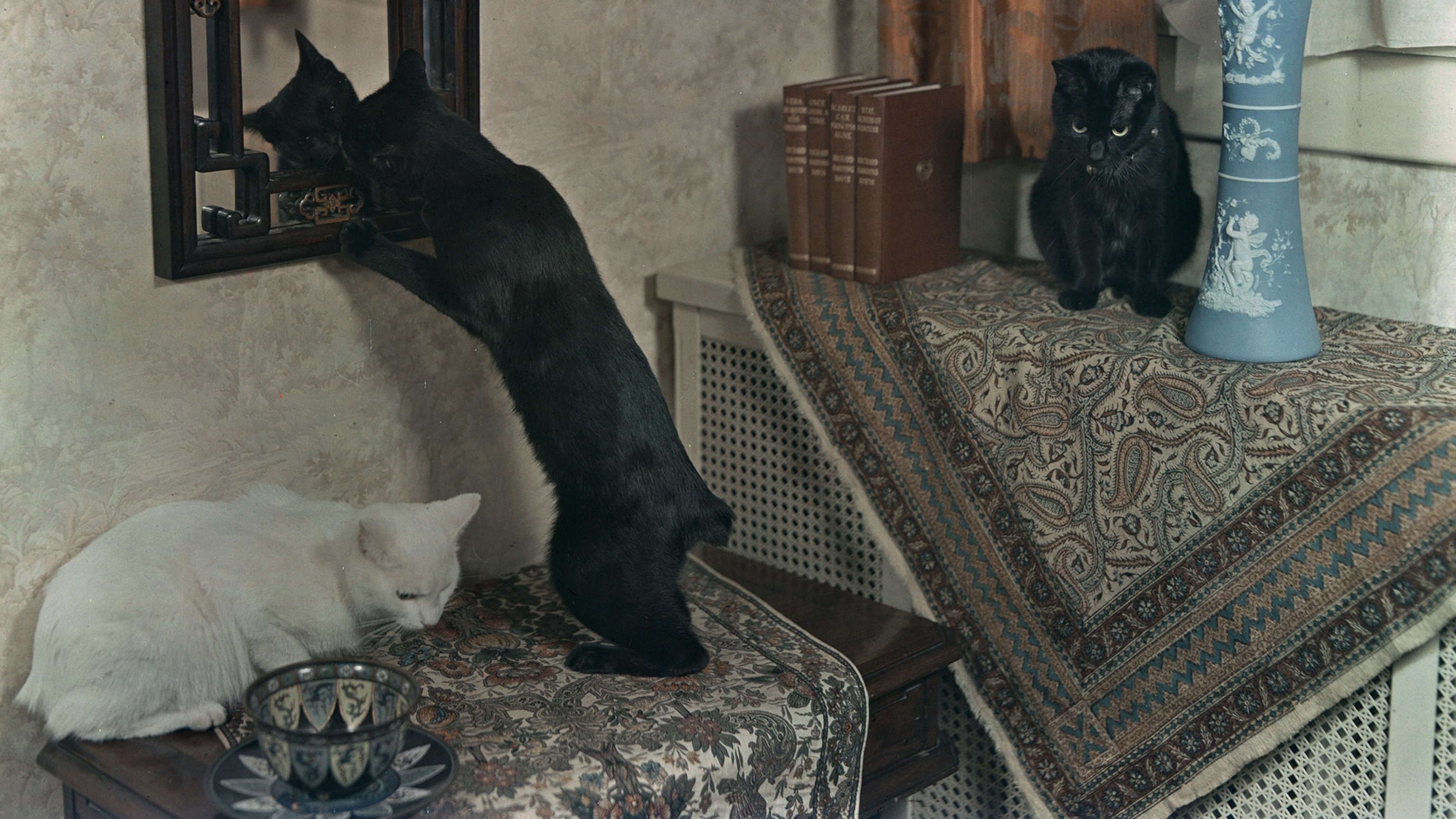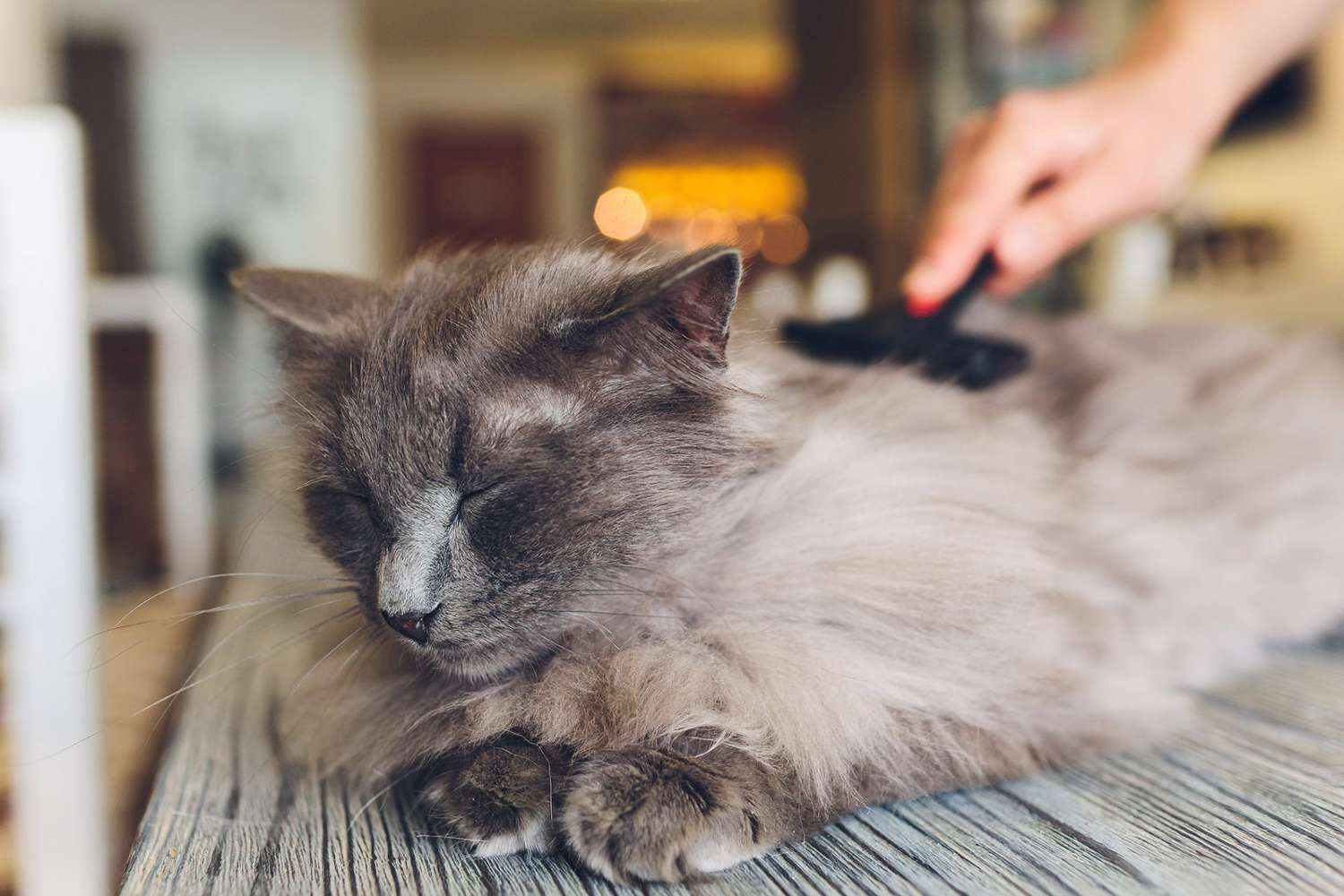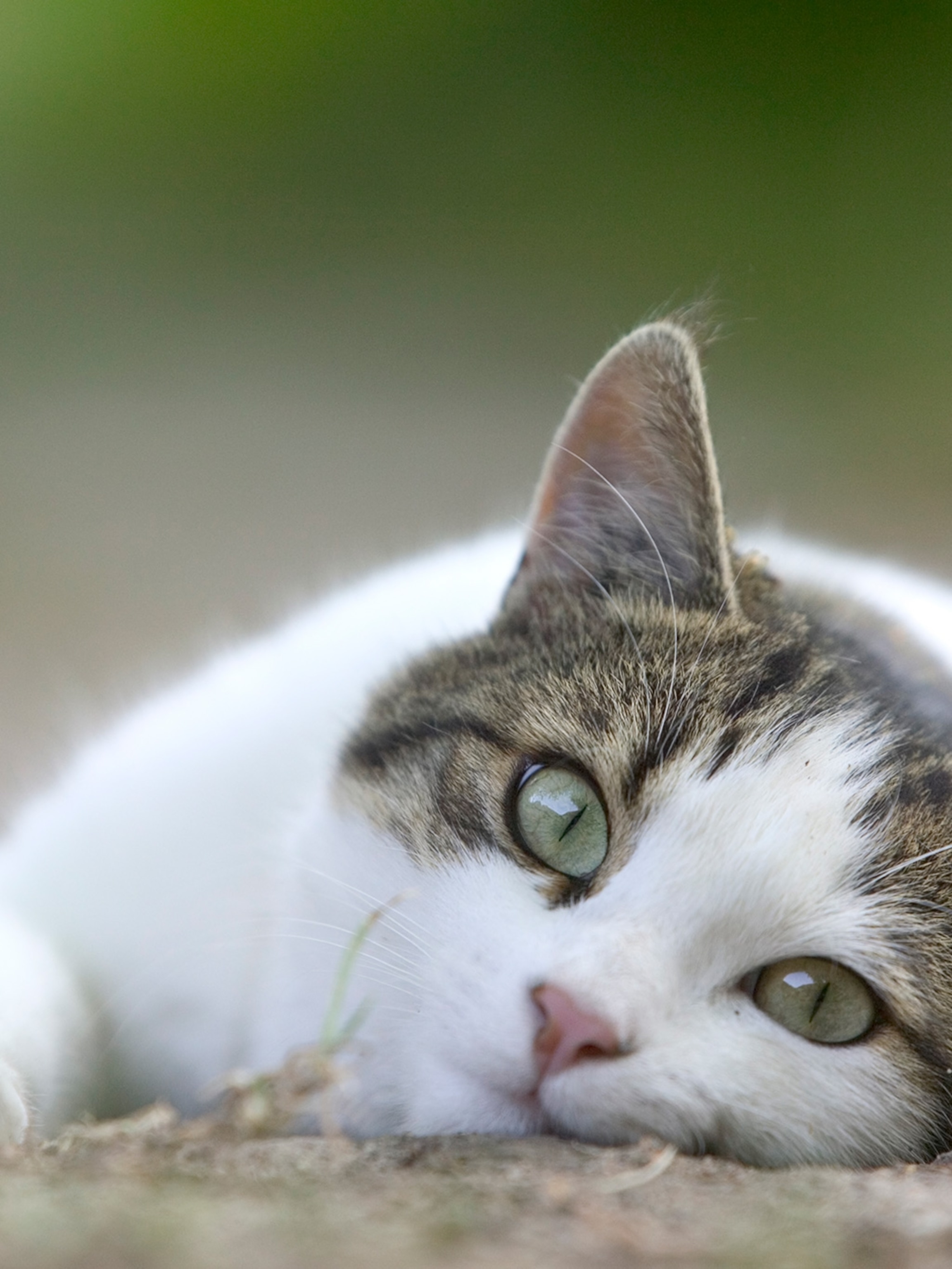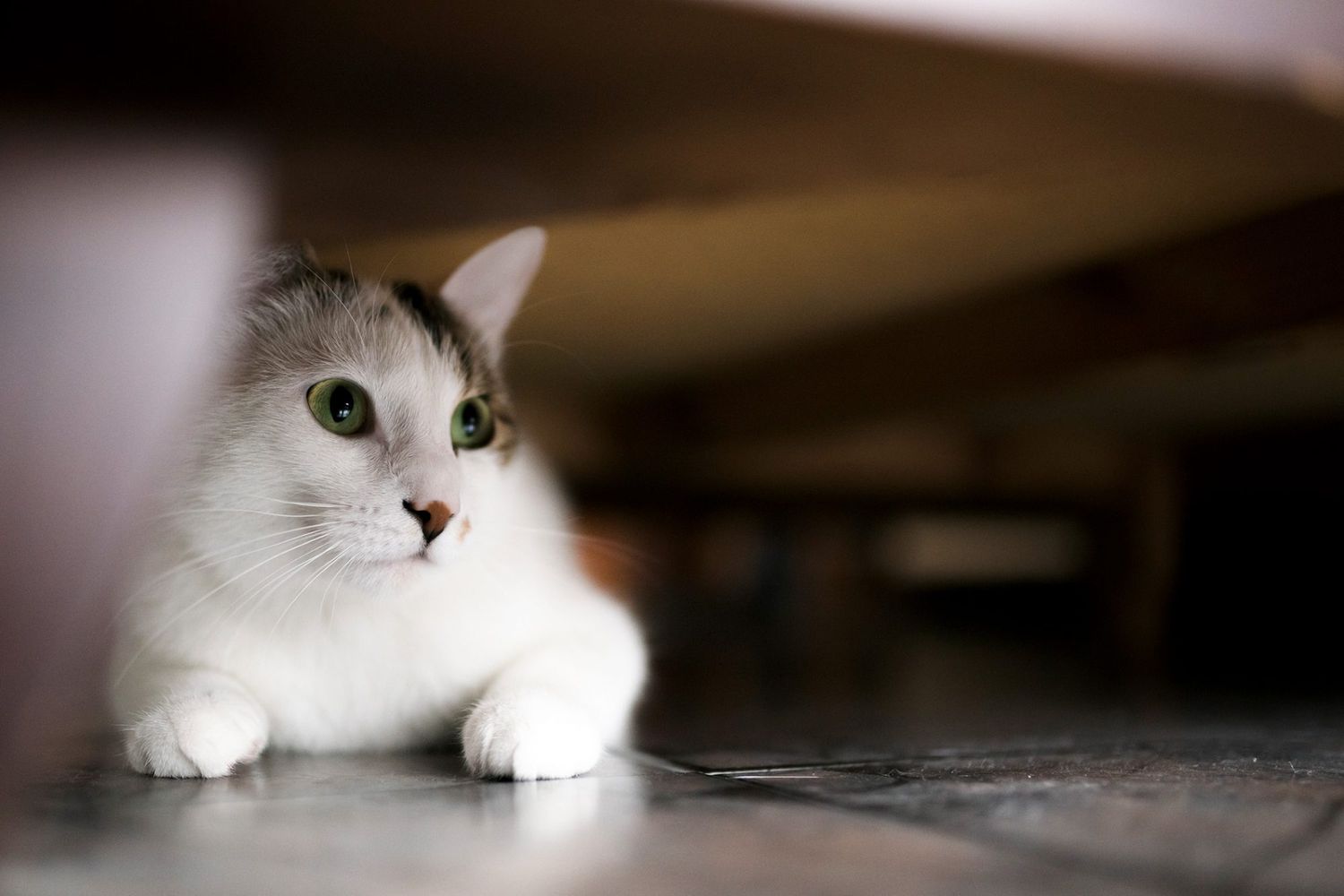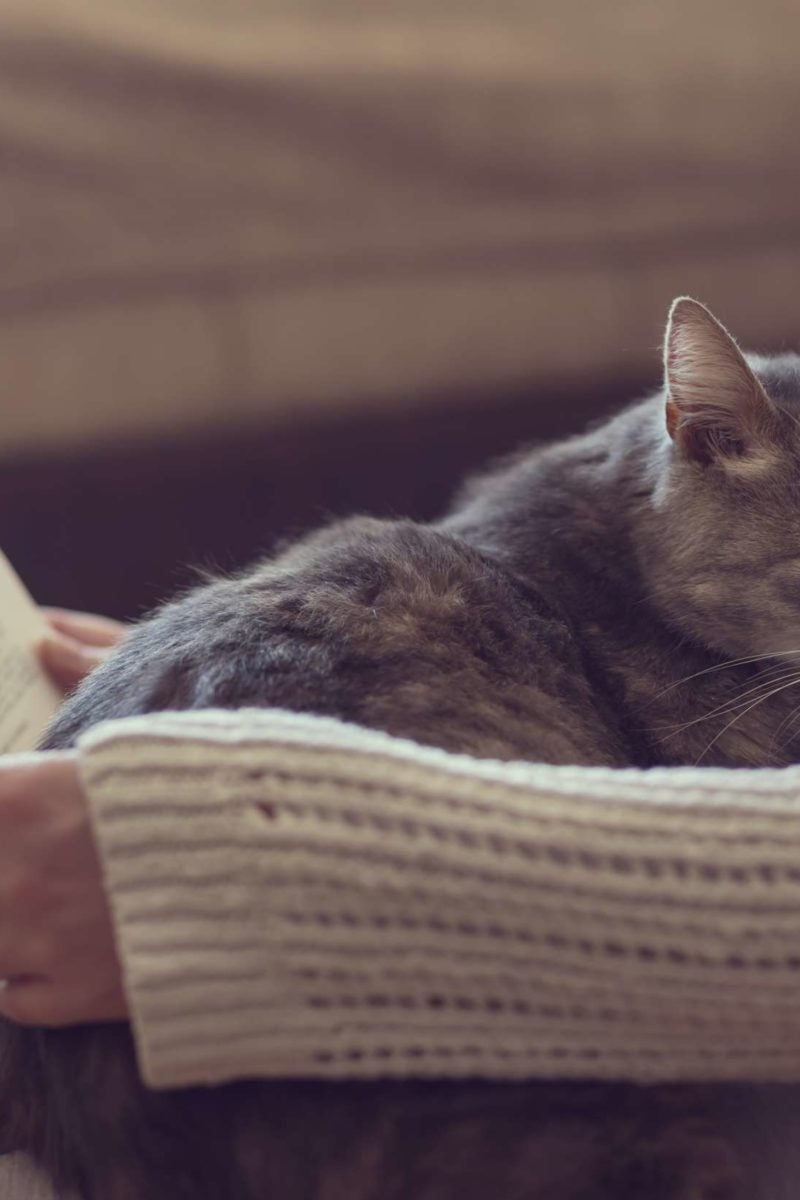Do Cats Get Cold In The House
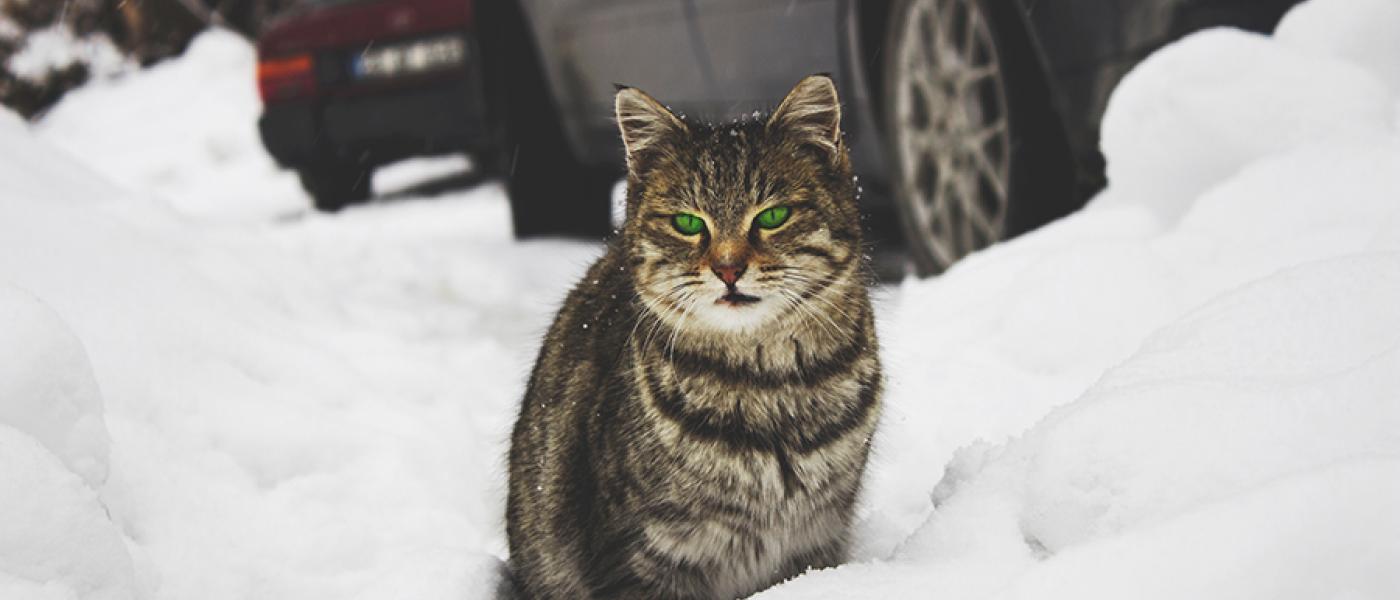
Cats trying to shelter from the cold often crawl into car engines where there is some warmth left over from when the car was last driven so check underneath before you drive off.
Do cats get cold in the house. This cycle applies much more to cats who spend time outdoors. Anybody feeding an outside feral cat colony this winter should make sure the cats have a well insulated place to sleep more food to help them cope with the cold and water that is not frozen. At Animal Humane Society we often see kitties with horrible frostbite during the coldest months of winter which can mean the loss of external body parts like limbs or ears.
Cats can catch frostbites or hypothermia which can be dangerous to your Cats health. If the indoor temperature falls to 32 degrees F. In fact a cold or upper respiratory infection URI is one of the most common illnesses seen in kittens.
The greater the exposure to natural light the greater the shedding of fur. Cats can and do get hypothermia. When the thermometer dips below freezing it is important to protect your cats from the cold spell.
Your cat wont be too cold provided that your homes ambient temperature stays above 70 degrees Fahrenheit. Cat colds are usually caused by a virus. How cold is too cold for indoor cats.
Common signs that your cat may have a kitty cold can include sneezing a runny nose red and irritated eyes watery or goopy eyes and congestion. What if the heating is switched off and its winter do they still feel cold. An acute upper respiratory infection and discharge from eyes nose and mouth.
If you have an older cat or a kitten they may not be able to regulate their body temperatures properly or as well as other cats. Because they have fur coats many cat owners believe that even if the temperature inside the home feels cold to humans their cats wont get cold in the house. The name cat cold is another way of describing an upper respiratory infection or URI.
